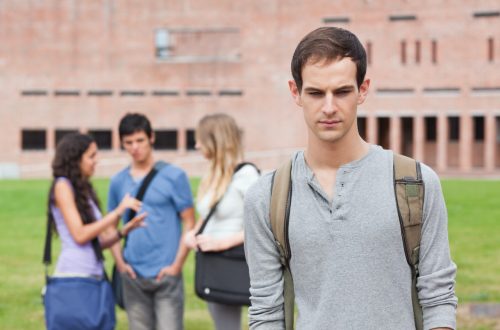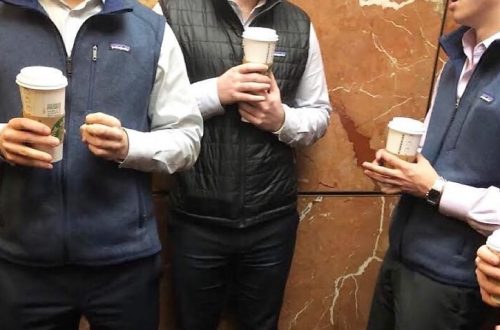RSO Announces Shortest Ever Humans vs. Atomic Bomb game
By Jeremy Archer
Nov. 9, 2013
Highlighting the lack of any sort of protection against an atomic blast, the managing board of the Atomic Bomb Defense Task Force announced today that this year’s was the fastest game in the history of the club. Lacking the thirty-year post-incident ‘leukemic’ phase, this year’s bomb had near-total casualties and resulted in the almost immediate capitulation of the human forces. “We were caught somewhat off guard by the success of this year’s HVAB contest,” First Commander Magister Mugit, the official Games Director and ABDTF Vice President, said in an interview. “It’s left us a little shocked, honestly. What are we going to do with all these ramen noodles?” Last year, two chemistry graduate students in Searle and one MacLean first-year managed to survive the initial neutron storm, initiating a prolonged quest to rebuild the university again from its embers. This year, the addition of ‘bunker-busting’ warheads as well as a strategically timed midterm prevented the survival of any of the participating students.
Lana Alison, one of the participants in this year’s games, was saddened that she was not able to survive the initial onslaught but was happy with her ranking. “It’s a good thing I was downtown at the time: that bought me a few precious milliseconds before my blood boiled and my corpse totally ionized. The lucky bastards in Broadview got almost ten times that.” The Atomic Bomb Defense Task Force was founded during the late 1960s, when the University administration began training students against the Communist nuclear threat. Originally conceived as a joint training exercise, the game was designed to teach students all the ways a person can escape a total nuclear strike, and hearkens back to Chicago’s days as an atomic research powerhouse. “So many students apply to Chicago for the practical skills you learn as part of your life as a student,” said Henry Bottlemann, a College admissions counselor. “We’re proud of our atomic origins and look to the future, whatever it happens to be.”
For many students, the bleak fallout of nuclear winter represents an experience they regularly empathize with, so they are glad to express their frustration in a way that allows them to continue attending lecture. “I’m just glad to imagine a future in which there are no problem sets,” said Stephenie Meyer, a third-year in the College, said. “Regardless of how it goes for me, I’m glad of that brief moment of total procrastination for the rest of my life.” ABDTF’s zeal to perform has become increasingly controversial in recent years, however, and city health inspectors balked at their ‘iodine-only’ meal plan sponsored as a part of College Dining last year, closing Cathey Dining Commons for several days. Professors are frustrated by the momentary disruption in discussion classes, and many, like professor of sociology John Hampton, wish the desks rendered a “safe zone” for students to temporarily shield their bodies from the blast. To date, however, the ABDTF has refused to implement this policy, citing the standard desk’s “lack of any shielding whatsoever.” It remains to be seen whether this policy will affect future enrollment in the game.Regardless, the ABDTF remains proud and optimistic for the future.



